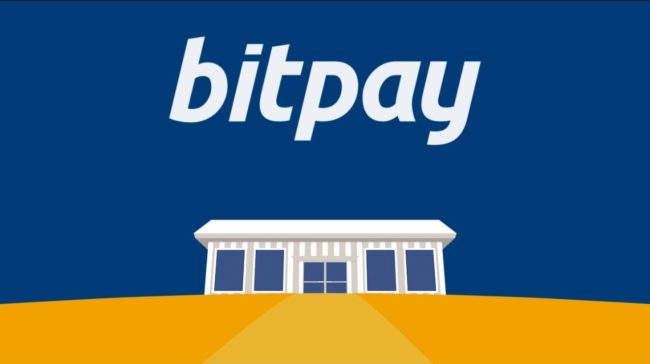
The BitPay crypto payment processor has been granted with a BitLicense permit from the New York State financial regulator, the New York Department of Financial Services, based on a press announcement issued by Cointelegraph on July 16th.
BitPay crypto payment processor can legally conduct operations with New York-based companies
The newly gained cryptocurrency license from the New York Department of Financial Services (NYDFS) will help BitPay conduct transactions with clients and enterprises located in the New York state. Furthermore, New York-based corporations can accept Bitcoin (BTC) and Bitcoin Cash (BCH) from users all over the world with BitPay.
The NYDFS, which regulates the trading of cryptocurrencies, reviewed BitPay’s level of adherence to Anti-Money Laundering (AML), Know Your Customer (KYC), Anti-Fraud, Capitalization, and Cybersecurity policies before granting the license, as reported on Cointelegraph.
“New York State has one of the strictest policies regarding companies involved in cryptocurrency and working through the approval processes to obtain a license was important to BitPay. We believe this hard work will pay off as New York presents significant business opportunities for BitPay.” BitPay CEO Stephen Pair said.
BitPay has already been chosen over Coinbase by CheapAir online travel agency and flights booking platform
BitPay crypto payment processor is the eighth cryptocurrency-related business to be awarded a BitLicense license by the NYDFS, alongside other crypto-focused organizations such as Square, Genesis Global Trading, BitFlyer USA, Coinbase, XRP II, and Circle Internet Financial.
After the Coinbase crypto exchange platform and wallet revealed in April that they had discontinued “custody” services for retailers, the CEO of flight aggregator CheapAir proposed BitPay crypto payment processor as an alternative solution.
In March, BitPay teamed up with South Korea’s largest cryptocurrency exchange, Bithumb, to rival the worldwide remittance market. BitPay’s CCO Sonny Singh stated that firms would be able to quickly and inexpensively turn invoices into Bitcoin (BTC) and liquidate them via bank remittance networks.




